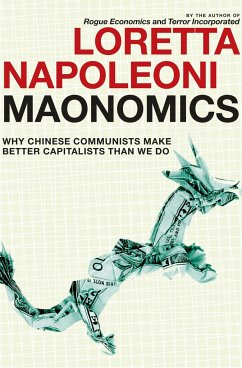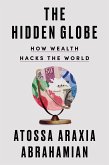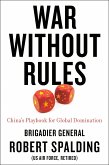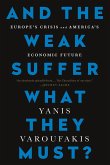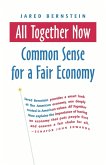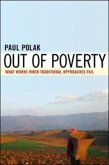With the end of the Cold War, it was believed that Western capitalism had finally triumphed over Communism. In Maonomics: Why Chinese Communists Make Better Capitalists than We Do, Napoleoni argues just the opposite: we are now witnessing capitalism's decline and the victory of "communism with a profit motive." Maonomics charts the prodigious ascent of the Chinese economic miracle and the parallel decay of Western economies, still reluctant to consider China's model even as they acknowledge its tremendous power. Maonomics is a call to heed China's example and avoid economic collapse.
Based on first-hand reporting from China during frequent visits in the last several years Maonomics considers the prevailing Chinese views and translates them for Western readers. For example, the Chinese are committed to a vision of democracy, though it is different from the West's. It emphasizes economic opportunity over voting, focusing on the fair distribution of wealth and prosperity. Napoleoni also separates failed Leninist political ideology from true Marxist theory, explaining that Marx's writings do not reject profit so long as it is used to benefit the people. China is realizing Marx's dictatorship of the proletariat, she argues, with giant steps towards wellbeing and prosperity for the Chinese people. Looking at the Chinese economy up close, few economists could deny that they are on the right track. Maonomics delivers a sharp and insightful account of the economic revolution that is shifting the global balance of power from West to East.
Hinweis: Dieser Artikel kann nur an eine deutsche Lieferadresse ausgeliefert werden.
Based on first-hand reporting from China during frequent visits in the last several years Maonomics considers the prevailing Chinese views and translates them for Western readers. For example, the Chinese are committed to a vision of democracy, though it is different from the West's. It emphasizes economic opportunity over voting, focusing on the fair distribution of wealth and prosperity. Napoleoni also separates failed Leninist political ideology from true Marxist theory, explaining that Marx's writings do not reject profit so long as it is used to benefit the people. China is realizing Marx's dictatorship of the proletariat, she argues, with giant steps towards wellbeing and prosperity for the Chinese people. Looking at the Chinese economy up close, few economists could deny that they are on the right track. Maonomics delivers a sharp and insightful account of the economic revolution that is shifting the global balance of power from West to East.
Hinweis: Dieser Artikel kann nur an eine deutsche Lieferadresse ausgeliefert werden.
"Timely and fascinating, Napoleoni s top-notch reporting, in which her attention turns from Viagra to blood diamonds to the banana price wars in a few pages, works in the vein of Freakonomics and Eric Schlosser s Fast Food Nation, but much grimmer." -Publishers Weekly on Napoleoni s Rogue Economics, a PW Book of the Year 2008
"This thoughtful and incisive inquiry yields much insight into some of the most important issues of today, and tomorrow" -Noam Chomsky on Napoleoni s Terror Incorporated
In urging the West to abandon its prejudices and fundamentally rethink its ideology, [Loretta Napoleoni] is asking the right questions. Morning Star
With her hands on China's skull, Napoleoni can map the phrenology of a billion and a half Chinese minds as they struggle with the complex contradictions of this new and still-churning mix of capitalism and communism. . . . If you want to understand the force that will direct your children and your children's children, read this book. Twice. Greg Palast
"This thoughtful and incisive inquiry yields much insight into some of the most important issues of today, and tomorrow" -Noam Chomsky on Napoleoni s Terror Incorporated
In urging the West to abandon its prejudices and fundamentally rethink its ideology, [Loretta Napoleoni] is asking the right questions. Morning Star
With her hands on China's skull, Napoleoni can map the phrenology of a billion and a half Chinese minds as they struggle with the complex contradictions of this new and still-churning mix of capitalism and communism. . . . If you want to understand the force that will direct your children and your children's children, read this book. Twice. Greg Palast

